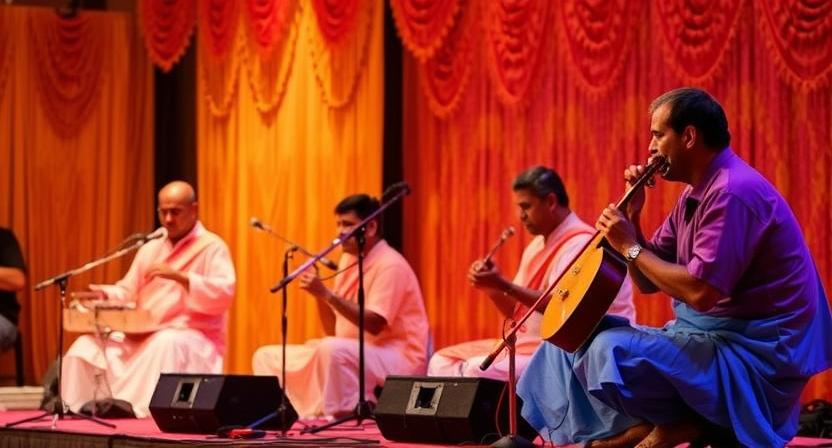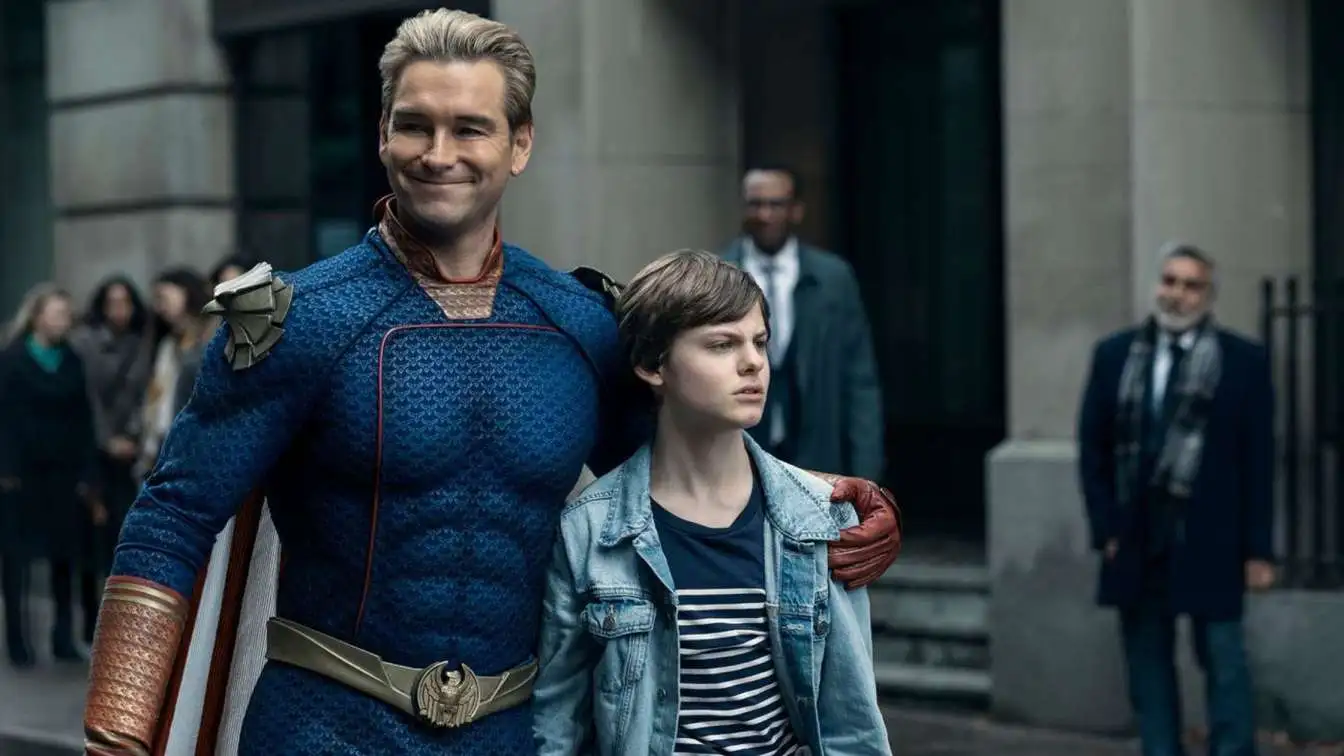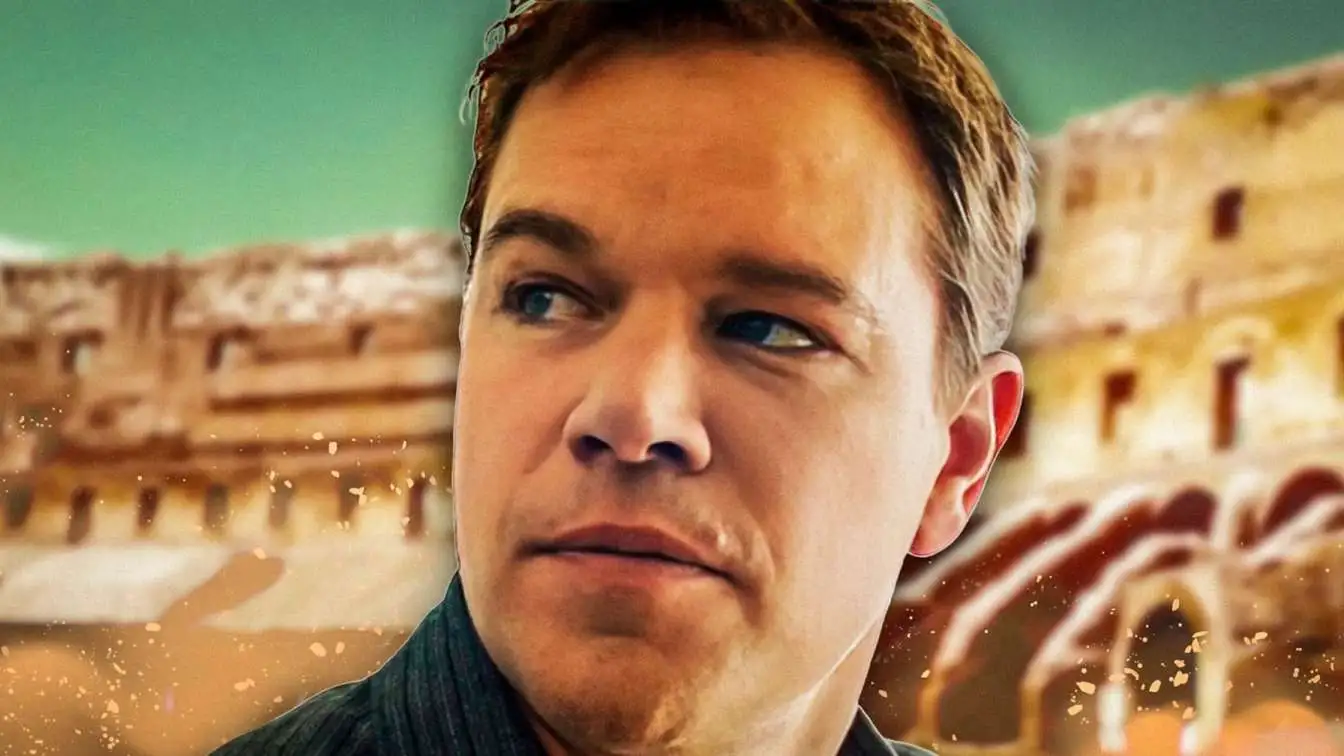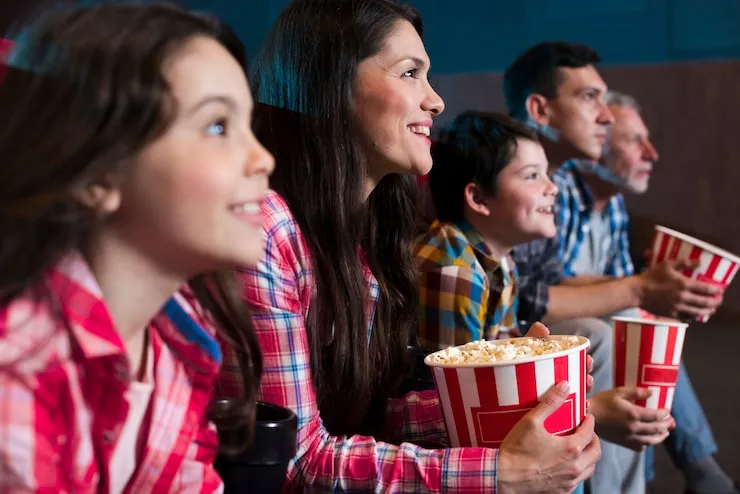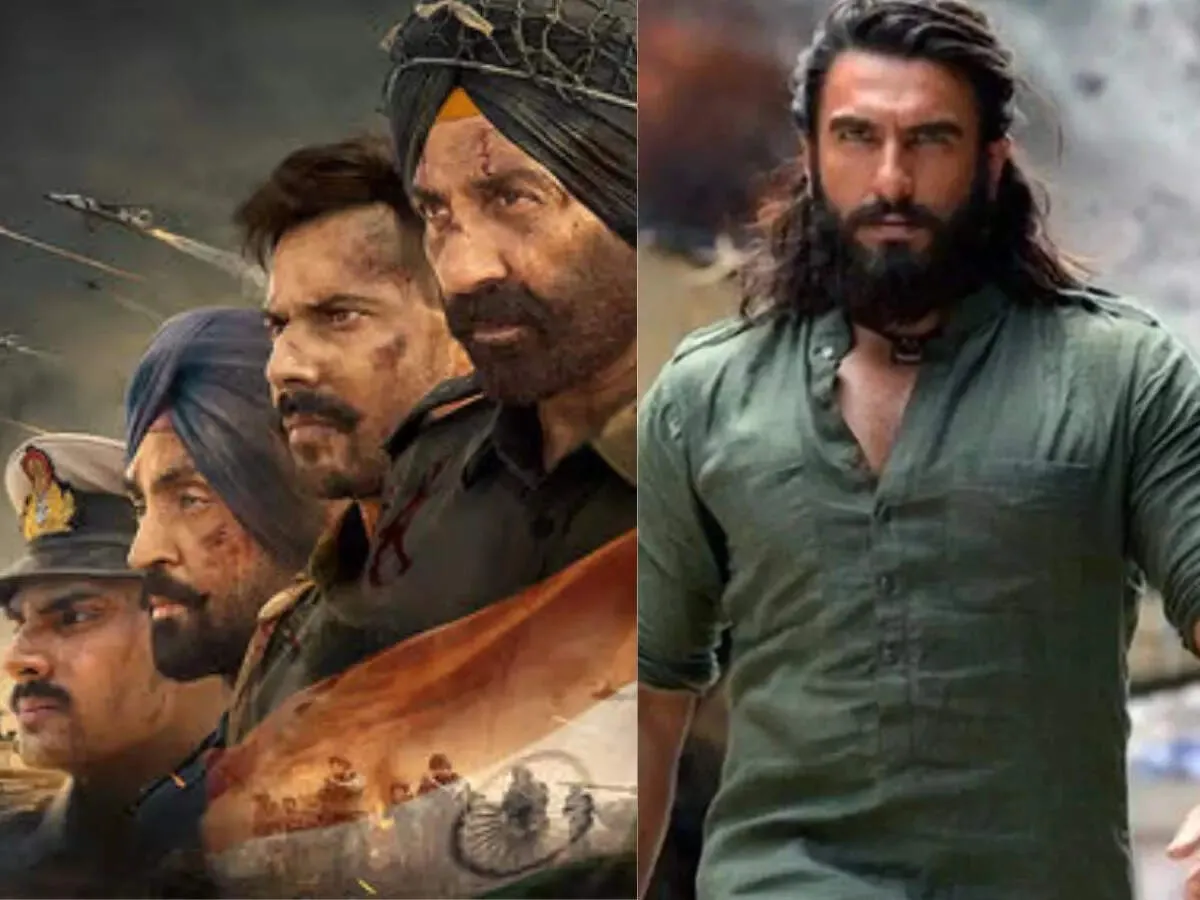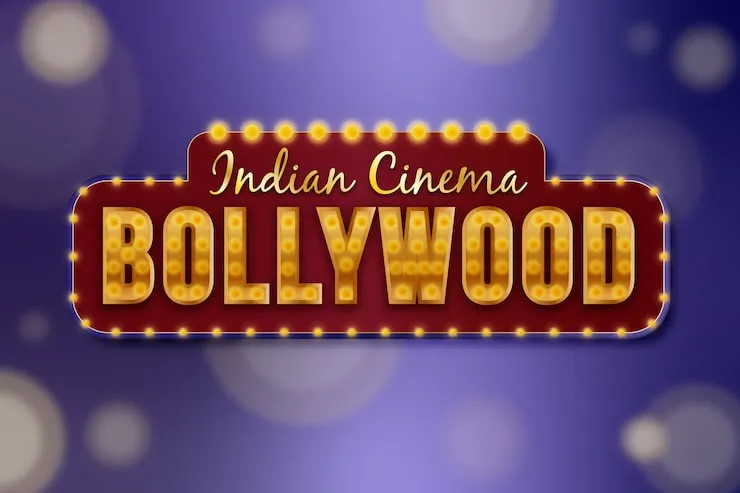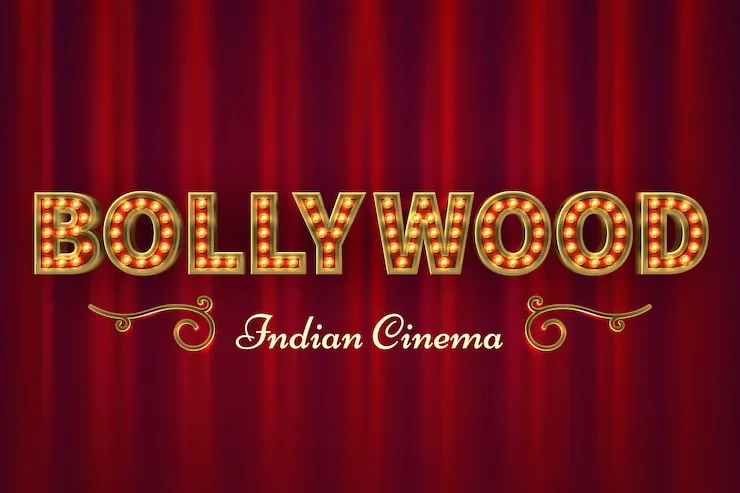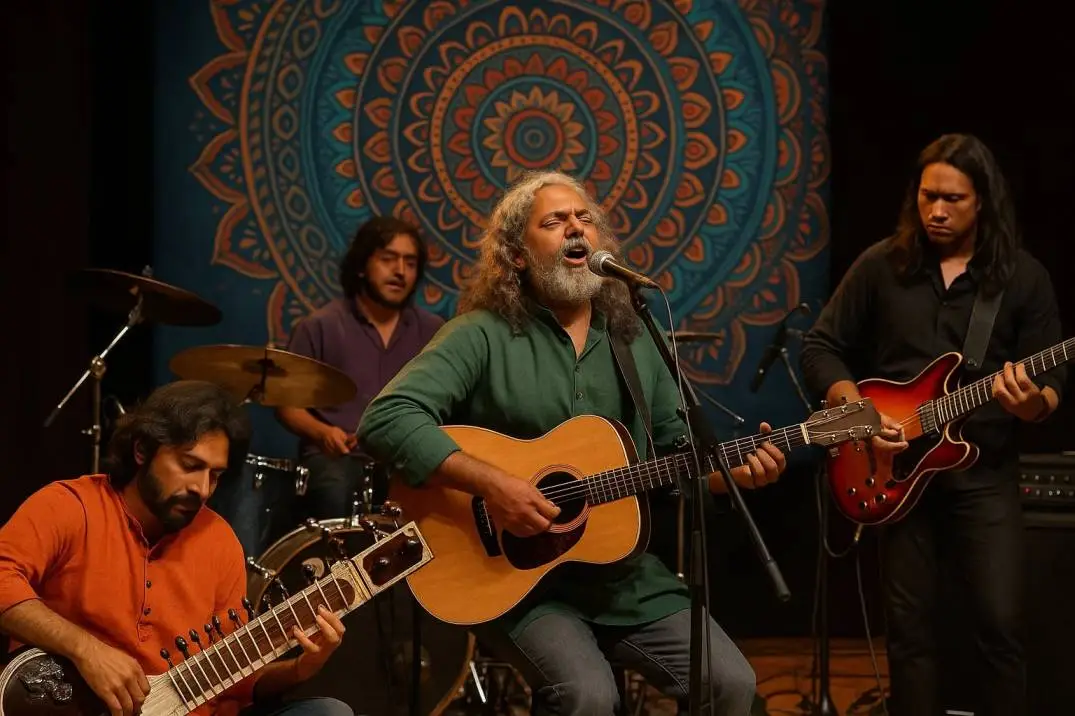Are you looking to dive into the world of traditional Indian sounds? I've been lucky enough to visit some amazing music festivals in India over the years. Today, I want to share what makes these celebrations so special!
Famous Indian Classical Music Festivals That Changed My Life
I still remember my first time hearing the sacred notes of a sitar echo across a historical courtyard. The moon was bright, the air was cool, and I was forever changed. Indian classical music isn't just about entertainment—it's about connection, history, and spiritual experience.
Why Indian Classical Music Festivals Are Worth Your Time
These festivals aren't just concerts. They're living museums where ancient traditions come alive! When you attend one, you're not just listening to music—you're taking part in a tradition that goes back hundreds of years.
Here's what makes these festivals so amazing:
- You get to hear legendary musicians
- The venues are often historical places
- The atmosphere is peaceful and uplifting
- You can learn about Indian culture
- Many festivals are free or very affordable
The Top Famous Indian Classical Music Festivals You Shouldn't Miss in 2025
Ready to plan your musical adventure? Let me walk you through the top 10 music festivals in India that celebrate classical traditions.
1. Dover Lane Music Conference, Kolkata
When winter wraps around Kolkata, the city comes alive with one of the oldest music festivals in India. Every January, music lovers gather for nights filled with extraordinary performances.
I attended last year and was amazed by how the audience sat through performances that lasted until dawn! The devotion to music here is incredible.
What makes it special:
- Features the biggest names in Hindustani classical music
- Typically runs for 4-5 days in late January
- Held in an intimate auditorium setting
- The crowd includes serious music lovers who understand every nuance
If you're new to classical music, don't worry! The atmosphere is friendly, and you'll quickly pick up the basics by watching the audience's reactions.
2. Sawai Gandharva Music Festival, Pune
This festival holds a special place in my heart. Named after the legendary Sawai Gandharva, this December event brings together music lovers from across the world. The festival grounds in Pune become a magical space where time seems to stand still.
Festival highlights:
- One of the oldest and most prestigious music festivals (running since 1953)
- Features vocal and instrumental performances
- Typically spans 5 days
- Attracts over 20,000 attendees yearly
I remember sitting on a simple mat on the ground, surrounded by people of all ages, everyone completely silent as a 70-year-old vocalist hit notes that seemed impossible. It was truly magical!
3. Tansen Music Festival, Gwalior
The Tansen Music Festival honors the legendary musician Tansen, one of the "nine jewels" of Emperor Akbar's court. Held near Tansen's tomb in Gwalior, this festival carries a spiritual significance that's hard to describe.
When I visited, I was struck by how the setting added to the experience. Imagine hearing ancient ragas near the resting place of the man who helped shape this musical tradition!
Why you should go:
- Unique historical significance
- Performances happen near Tansen's tomb
- Features both established masters and emerging talents
- The December timing offers perfect weather
The festival also includes a competition for young musicians, so you get to hear the future stars of Indian classical music.
4. Harivallabh Sangeet Sammelan, Jalandhar
As India's oldest classical music festival, Harivallabh has been running since 1875! I attended two years ago and was amazed by how it maintains its traditional charm while welcoming newcomers.
The festival takes place around Christmas every year, making it a perfect holiday destination if you want something different from the usual celebrations.
What to expect:
- All-night performances
- A mix of famous musicians and rising stars
- Devotional atmosphere
- Simple seating arrangements (bring a cushion!)
The festival grounds have a family feeling, with people sharing food and stories between performances.
The Experience of Attending Indian Music Festivals
When you go to these festivals, you're not just watching a show—you're participating in a living tradition. People don't clap between songs like at western concerts. Instead, they show appreciation by quietly saying "wah" (wow) or nodding in understanding when a musician hits a particularly difficult note.
5. Saptak Annual Festival of Music, Ahmedabad
Spanning 13 days in January, Saptak is a musical marathon that will leave you inspired. I spent three days here last year and wished I could have stayed for the entire run.
The festival features morning, afternoon, and evening sessions, so you can immerse yourself completely in the world of ragas.
Festival features:
- Spans from January 1-13 every year
- Features over 200 artists
- Includes dance performances alongside music
- Offers workshops for beginners
The organizers do a wonderful job of creating programs that appeal to both experts and newcomers. I found the morning sessions particularly magical, with early morning ragas creating a peaceful start to the day.
6. Sankat Mochan Sangeet Samaroh, Varanasi
Held in the holy city of Varanasi, this festival combines spiritual devotion with musical excellence. The setting alone is worth the trip—performances take place in the courtyard of the ancient Sankat Mochan Temple.
When I visited, I was struck by how the music seemed to rise with the morning mist over the Ganges River. It creates an atmosphere you simply can't find anywhere else.
What makes it unique:
- Takes place in April/May
- Performances happen in a temple setting
- Features all-night concerts
- Free entry for all (though it gets very crowded!)
The temple location adds a spiritual dimension to the performances that's hard to describe. Many musicians consider it an honor to perform here, and you can feel that devotion in their music.
How to Prepare for Your First Classical Music Festival
If you're new to Indian classical music, don't worry! Here's how to get ready:
- Listen to some basic recordings beforehand
- Wear comfortable clothes (you'll be sitting for hours)
- Bring a cushion or mat to sit on
- Pack water and light snacks
- Be prepared for varying weather (especially for outdoor festivals)
Most importantly, come with an open mind and heart. The music might seem strange at first, but if you let yourself feel it rather than analyze it, you'll discover its beauty.
7. Gunidas Sangeet Sammelan, Mumbai
Mumbai's premier classical music festival offers a more urban setting while maintaining traditional performance standards. Held in an auditorium rather than outdoors, it's a good starting point if you're looking for comfort along with your cultural experience.
Festival details:
- Usually held in late November
- Features both Hindustani and Carnatic traditions
- Well-organized with comfortable seating
- Includes lecture demonstrations for beginners
I found this festival particularly helpful when I was just starting to explore classical music. The organizers often provide program notes that explain the ragas and performance styles.
8. Swathi Sangeet hot savam, Thiruvananthapuram
Moving to South India, this festival celebrates Carnatic music in the beautiful setting of Kuthira Malika Palace in Kerala. The architecture alone is worth the visit, but the music will be what stays in your memory.
What to expect:
- Focus on Carnatic music traditions
- Intimate palace setting
- Typically held in January
- Features instrumental and vocal performances
The difference between North and South Indian classical styles becomes wonderfully clear at this festival. If you've mainly experienced Hindustani classical music, this is a perfect introduction to the Carnatic tradition.
9. Vedanth Bharathi Festival, Bengaluru
Bengaluru hosts this growing festival that brings together traditional performers with more experimental artists. I love how this festival bridges the gap between strict classical traditions and contemporary interpretations.
Festival highlights:
- Usually held in December
- Features both established artists and innovative performers
- Urban setting with good facilities
- Attracts a younger audience alongside traditional attendees
The crowd here is diverse, with tech professionals sitting alongside music scholars. It creates a vibrant atmosphere where tradition meets innovation.
The Future of Classical Music Festivals in India
These festivals aren't just preserving the past—they're building the future of Indian music. Many now include:
- Digital archives of performances
- Education programs for children
- Collaborations with international artists
- Modern venues with better sound systems
I've noticed more young people attending every year, which gives me hope that these traditions will continue to thrive.
10. Chennai Music Festival (Margazhi), Chennai
Also known as the Chennai Music Season, this isn't just a festival—it's a month-long celebration of Carnatic music that transforms the entire city. From mid-December to mid-January, Chennai becomes the world capital of classical South Indian music.
What makes it special:
- Not one festival but hundreds of concurrent events
- Over 1,500 performances across the city
- Includes dance, lectures, and food festivals
- Something for every budget (including many free concerts)
My first visit to the Chennai Music Season was overwhelming—in the best possible way! I remember looking at the daily schedule and seeing 50+ concerts happening simultaneously across the city. You could spend the entire month here and never run out of amazing performances to attend.
H4: Planning Your Musical Journey Through India
If you're inspired to experience these famous Indian classical music festivals firsthand, here's my advice for creating the perfect itinerary:
- December-January is peak festival season, so plan accordingly
- Book accommodations early, as festival towns get crowded
- Consider starting with the more accessible urban festivals
- Mix big events with smaller, more intimate gatherings
- Allow time between festivals to travel and rest
Many foreigners I've met at these festivals combine their musical journey with other tourist activities, creating a perfect cultural immersion experience.
The Joy of Discovering Indian Classical Music
My journey through India's classical music scene has been one of the most rewarding experiences of my life. Each festival has its own character, history, and energy, but they all share a profound respect for tradition and artistic excellence. What amazes me most is how these ancient musical forms remain so vibrant and relevant today. In a world of three-minute pop songs and digital production, there's something revolutionary about sitting for hours as a single raga unfolds, revealing new dimensions with each passing minute.
Conclusion: Why You Should Experience These Festivals Firsthand
India's classical music isn't just about entertainment—it's about connection, meditation, and touching something timeless. These festivals offer windows into a musical tradition that has evolved over centuries but remains deeply rooted in spiritual and emotional expression. Whether you're a serious music lover or just curious about different cultures, attending an Indian classical music festival will leave you changed. The sounds, the settings, the dedication of the performers and audience—it all combines to create experiences that simply can't be replicated through recordings.



